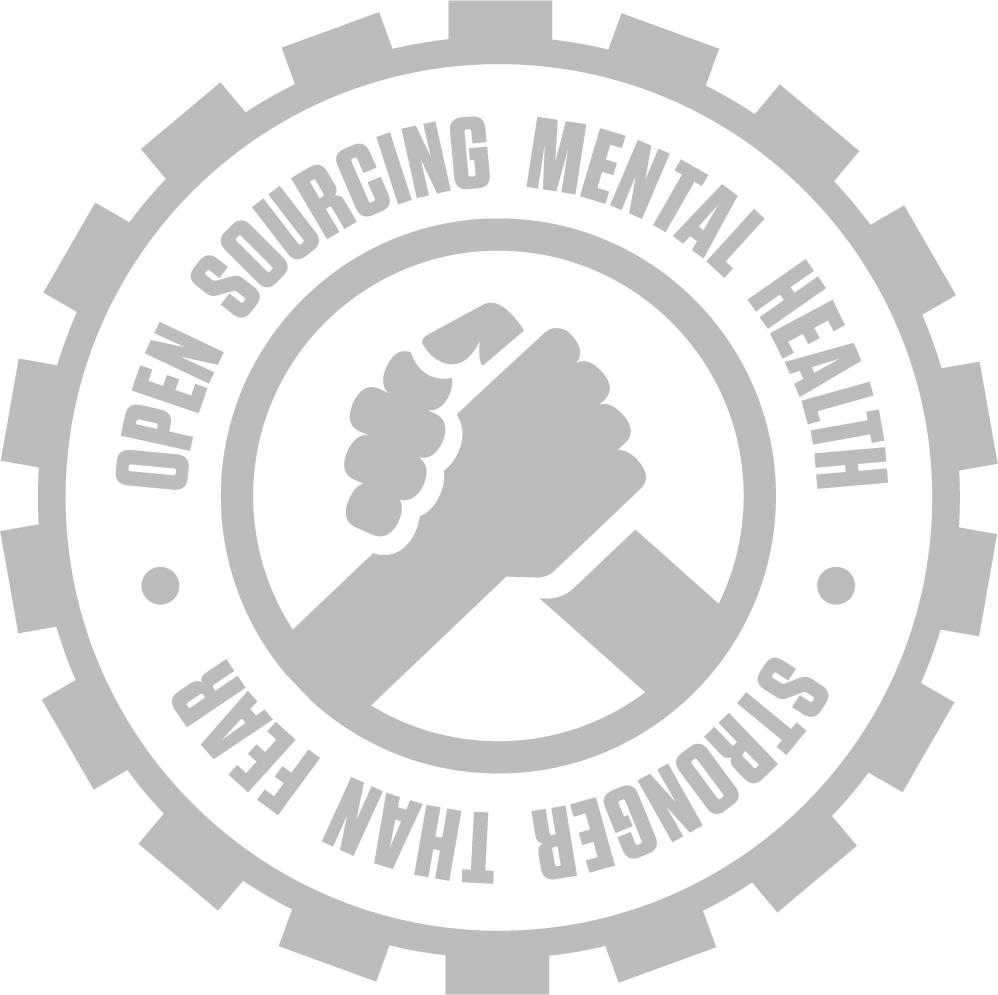

In tech circles, depression is “more prevalent than anyone really talks about,” Brad Feld, managing director of the venture capital firm Foundry Group, and co founder of TechStars told me. Building a company involves long hours, late nights and an enormous amount of stress. The competitive nature of the startup industry—less than 10 percent of ventures succeed—discourages people from talking about their problems and feeds into the myth that successful founders are confident and in charge at all times.
I'm sorry it took so long to get back to you!
Where you start varies a lot. I know about the US, and almost nothing about other countries, so anything I tell you is US-specific.
If you're employed and you have medical insurance through your employer, you should get a copy of the information on your coverage. It should have a list of psychiatrists you can work with. If it doesn't, and/or you don't feel comfortable asking your HR person or supervisor about it, you should see your General Practitioner, tell them what is going on, and ask for a referral to a psychiatrist. I would then work with the psychiatrist to figure out how to go forward: whether medication, therapy, or a combination of the two is the best approach.
I strongly recommend having your treatment handled by a psychiatrist and not a GP, because they are usually much better prepared to handle mental health issues.
If you don't have medical coverage, or really crappy medical coverage, I would contact a local org dedicated to helping folks with mental health issues. I have had extremely good experiences with my local chapter of Mental Health America. They don't have chapters everywhere in the US, though, so you may need to do research for your area. You can always call MHA, or you can also check out the resources listed on the Ask For Help web site.
That's my experience, which is again very US-specific. I hope this helps! If you need more assistance, just ask.
Yesterday I released the Mental Health in Tech Survey. My intent is to get an idea of how mental health is treated in the tech workplace. With this information, we should be better able to identify areas of need and address them. I'm particularly interested in the workplace, because I believe that making the workplace a safe place to discuss mental health issues will have the most impact on the tech/developer community.
In just the first day we had nearly 700 responses. This is pretty amazing, and I'm really excited about the information we can gather from this.
When things settle down a bit, I will try to make some pretty graphs and draw some conclusions about what tech companies can do to make their workplaces safe to discuss mental health. I’ll probably use much of it in my talks, and will release all data under a CC license.
I would like to strongly encourage everyone to share this survey with your colleagues. Send it to your team lead, your CTO, your CEO, and ask them to share it with everyone. Every response makes a difference. I want everyone's experiences to be represented.
I am already aware that the survey doesn't address self-employed folks well, and the questions are US-centric, because health coverage is typically tied to employment in the US. Please don't let that dissuade you from taking the survey. You will not skew results or otherwise mess things up -- I will account for these issues in the analysis.
Please take the survey now, and share it!